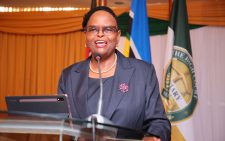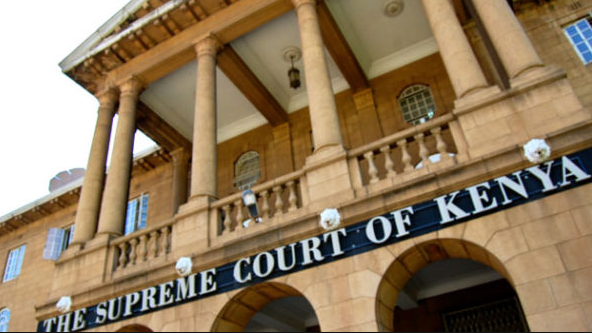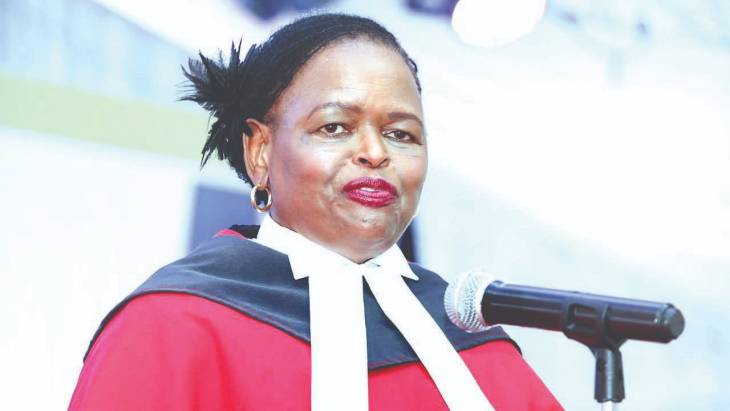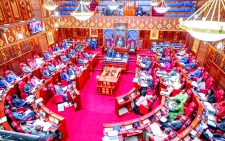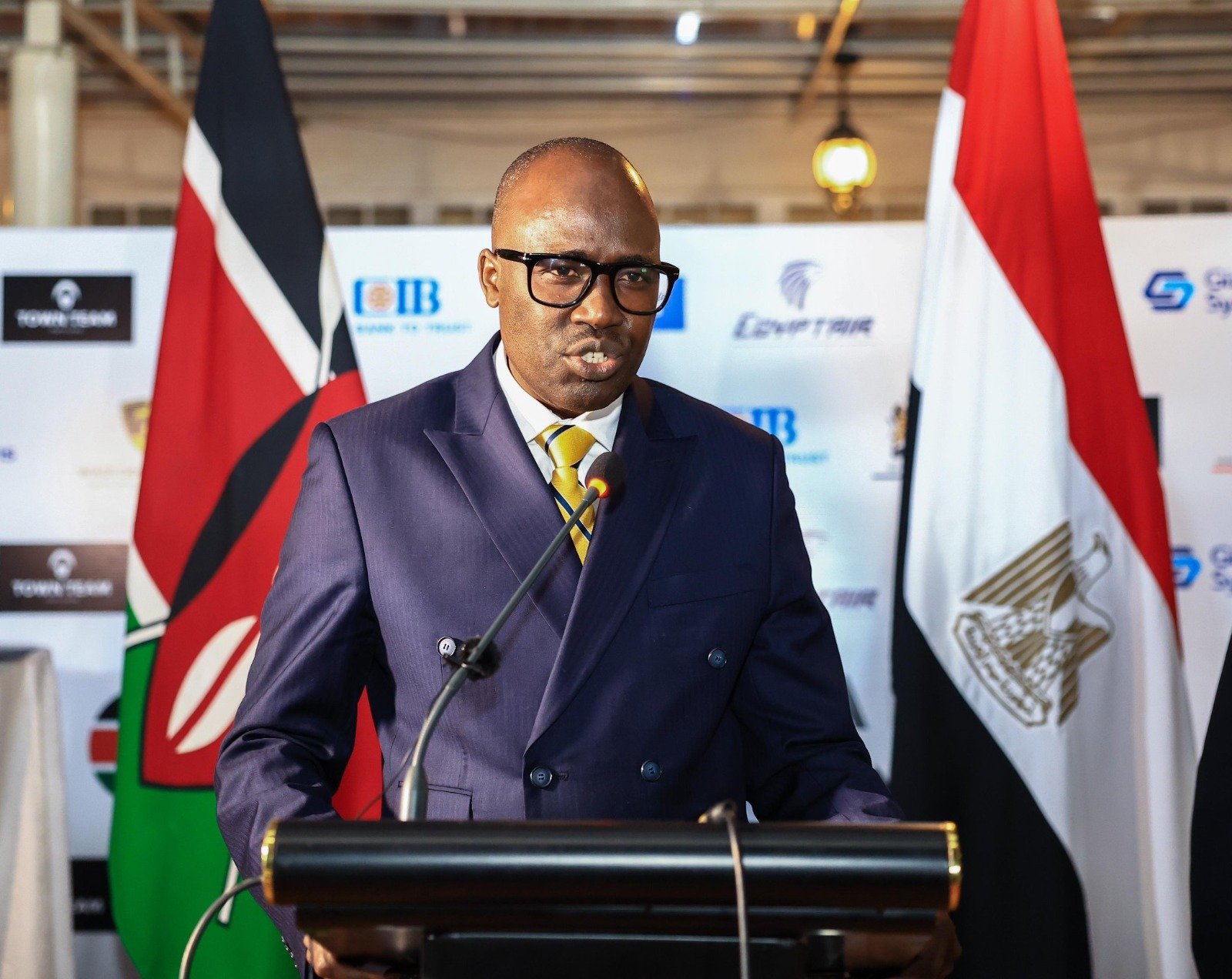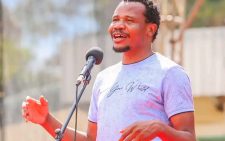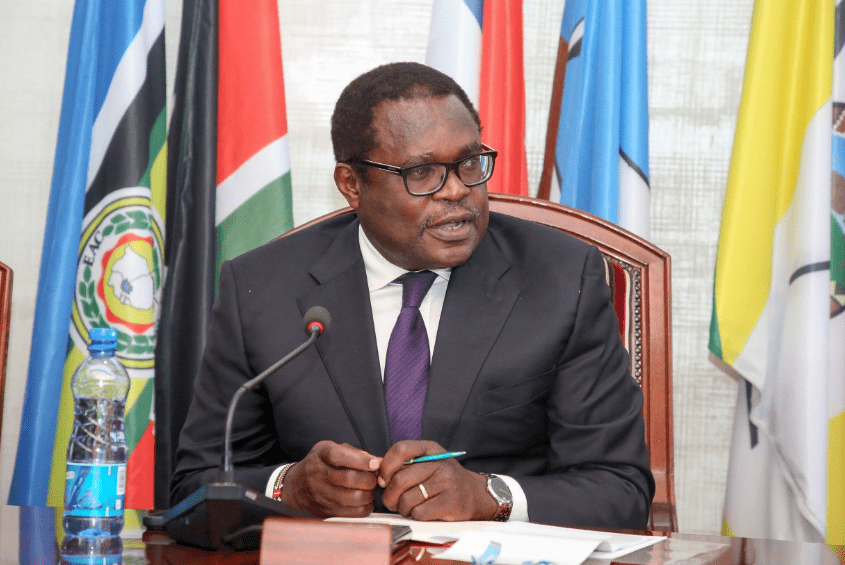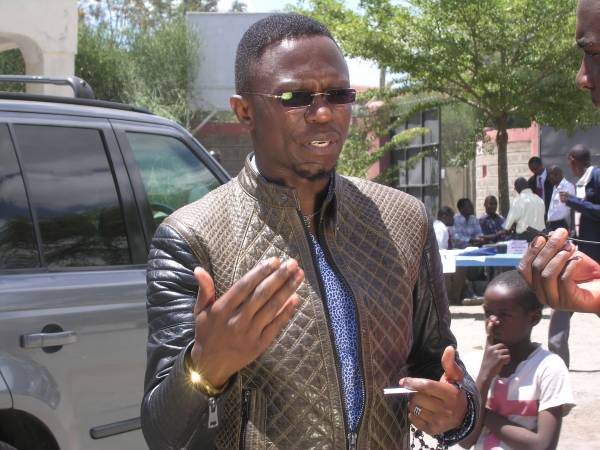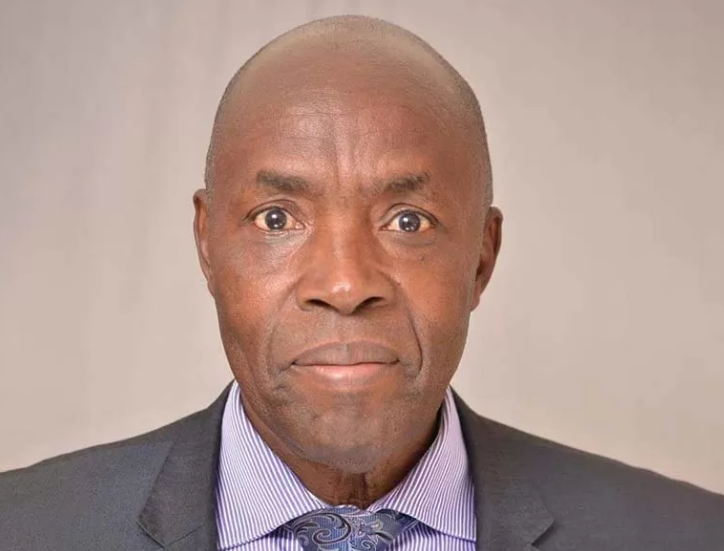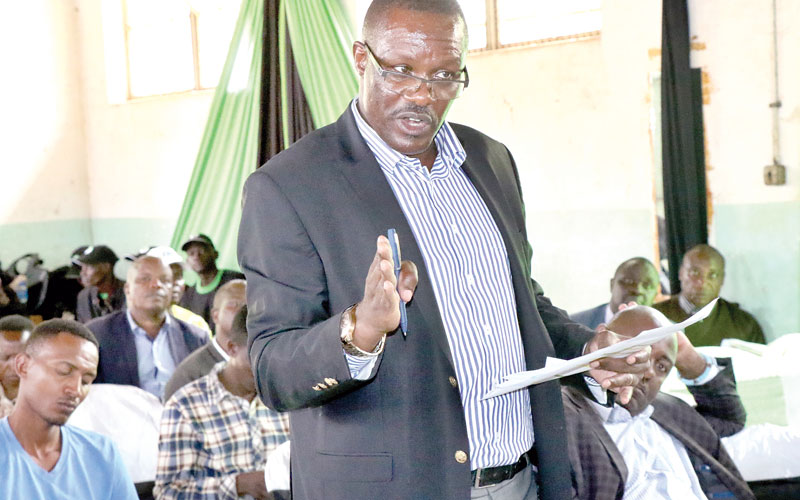Blow for CJ as court overturns her gag orders
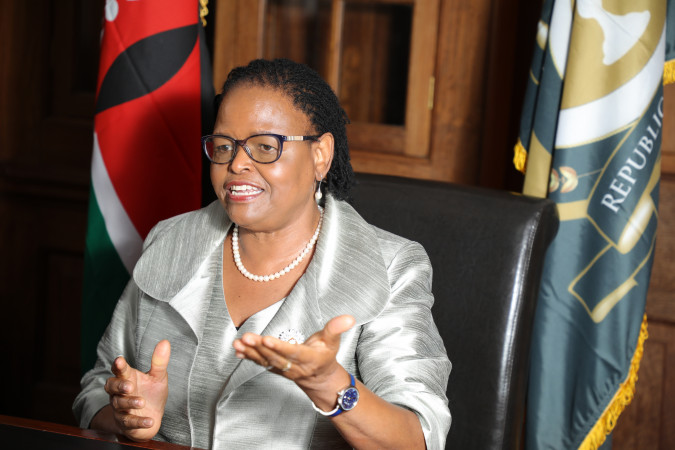
Chief Justice Martha Koome yesterday suffered a major setback after the High Court declared unconstitutional her decision to gag public comments on a presidential election petition while it is being heard.
In a judgment, Justice Mugure Thande quashed the Supreme Court (Presidential Election Petition Amendment Rules) 2022 which blocked lawyers and litigants from debating on the merit of a presidential dispute until judgment is delivered for not adhering to public participation requirements.
In May this year, Justice Koome amended rules that govern proceedings of the Supreme Court and banned litigants, their advocates, and agents from expressing their opinions or predicting the outcome of a case involving the election of the President.
But Judge Thande found the directive by the CJ stopping debate on the merits of any presidential election petition amounted to the usurpation of the law of Parliament to legislate on what amount to contempt.
“A declaration is issued that the impugned Rules are unconstitutional for usurpation of Parliament’s role in legislating on contempt and making penal provisions thereto,” justice Thande said.
The decision by the court comes after lawyer Omwanza Ombati lodged a petition filed at the High Court challenging the CJ’s directions on grounds that the same rules are meant to curtail people’s freedom of expression.
“Whereas every person is entitled to the freedom of conscience, thought, belief and opinion and the freedom of expression, the CJ’s gag order unjustifiably purports to limit these rights to the detriment of the public and litigants in a presidential election petition,” Ombati had informed the court.
Stops debate
He also argued that the new rules were detrimental to litigants, their instructed counsel and even advocates’ employees and agents.
However, Koome through lawyer Charles Kanjama had defended the gag order, stating that it is aimed at protecting judicial integrity.
Justice Koome stated that the Supreme Court decided to come up with the rule to protect the integrity of a presidential election petition given the tendency of lawyers to make public commentaries on active cases before the court on social media.
“The Constitution allows the Supreme Court to make its own rules and since we had concerns over the manner in which lawyers have been taking to social media to make all manner of allegations against judges, we decided to come up with the rule,” said CJ Koome.
Justice Koome had in the gazette notice amended the Supreme Court rules in handling a presidential election petition by adding a new clause that stops debate on the merits of the case until judgment is delivered.
Presidential petition
The disputed regulation dubbed ‘Presidential Petition Amended Rules, 2022’ targeted advocates and litigants who were to be appearing at the Supreme Court in the event there will be a presidential petition.
Their agents are also prohibited from expressing their views and opinions on presidential election petitions or predicting the outcome of the proceedings in any manner until judgment is delivered.
The new sub-rule amended by the CJ stated that: “Upon commencement of the hearing of the petition by the court, litigants, their advocates and advocates’ agents shall refrain from expressing their opinion on merit, demerit or predict the outcome of the petition in any manner that would prejudice or impede court proceedings, until judgment is delivered.”
A breach of the direction will amount to contempt of court and penal consequences will ensue.
However, Ombati argued that since every person is entitled to freedom of expression, the state is prohibited from penalising any person for any opinion or view or the content of any broadcast, publication or dissemination.
“In so far as every citizen is entitled to access information, the disputed rules unjustifiably and unreasonably fetter the enjoyment of this right by censuring persons who honestly, and in good faith, issue commentaries on cases before the courts for the enlightenment of the populace or critiquing the Judiciary with a view to holding it accountable,” says Ombati.
